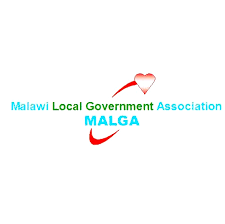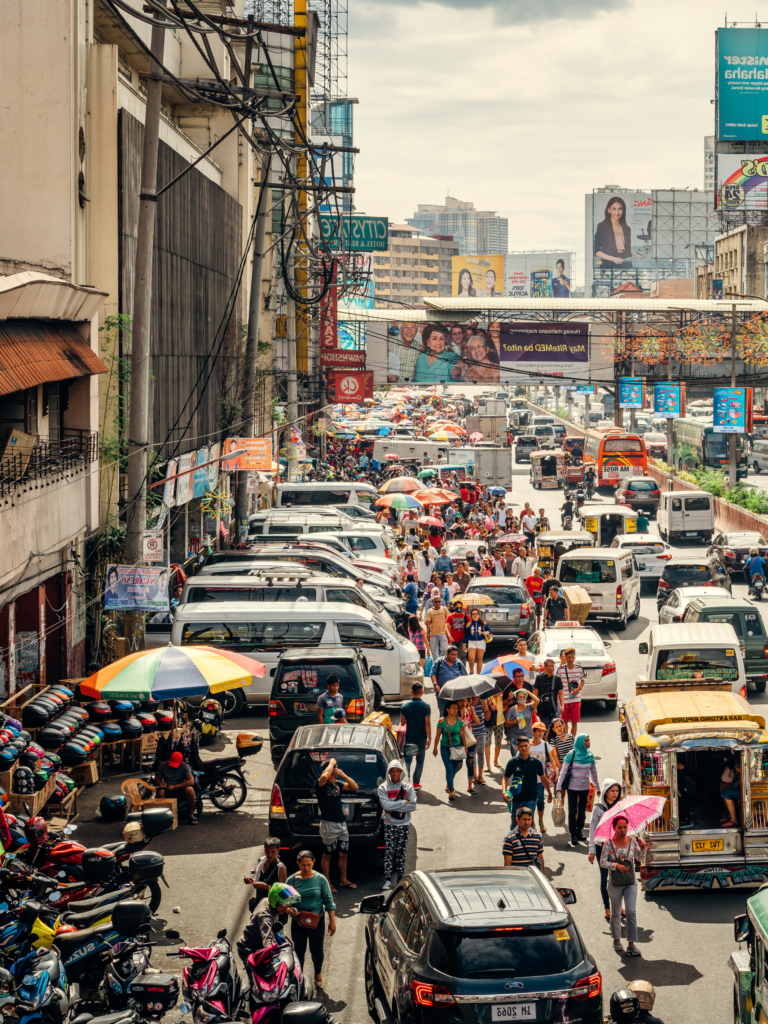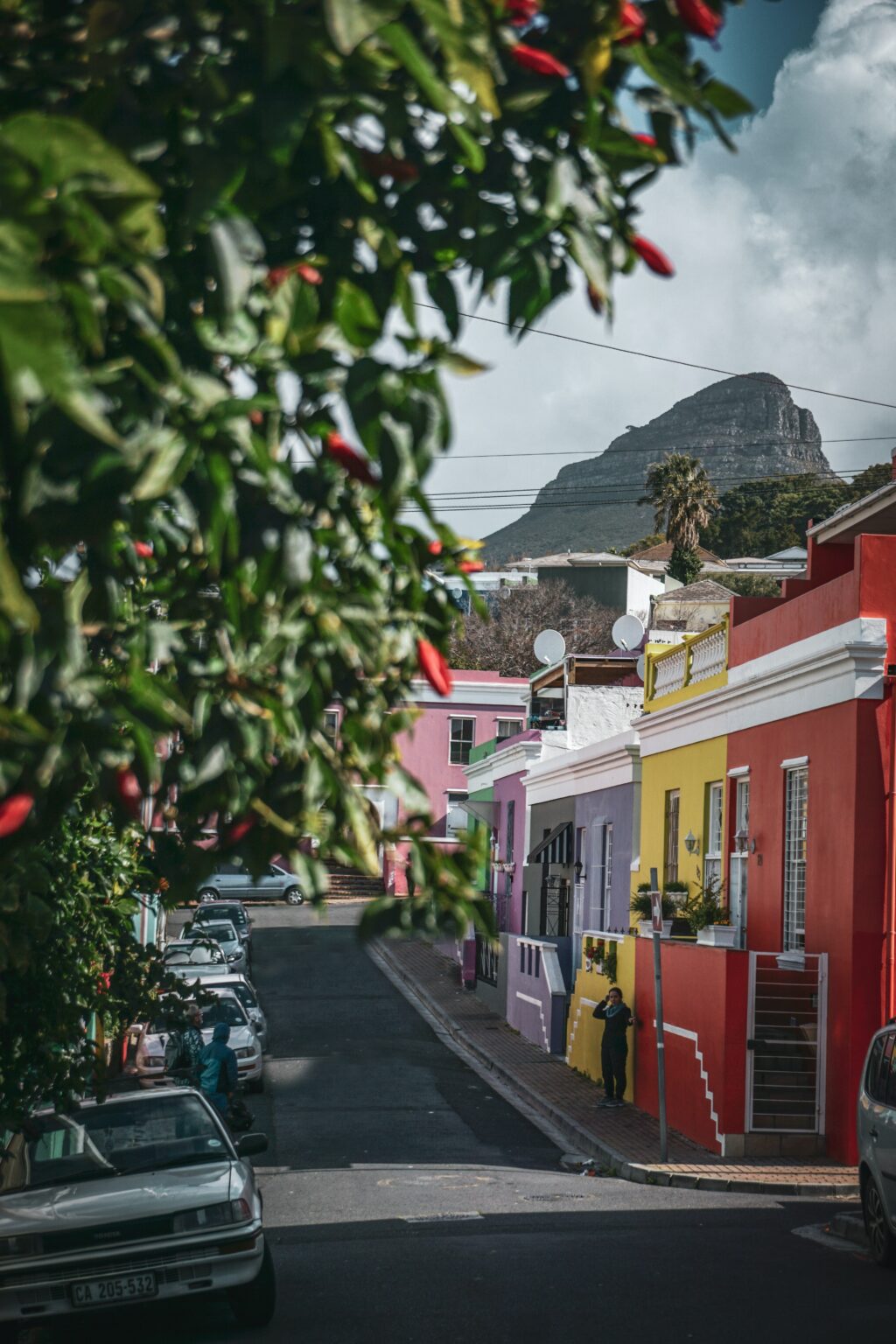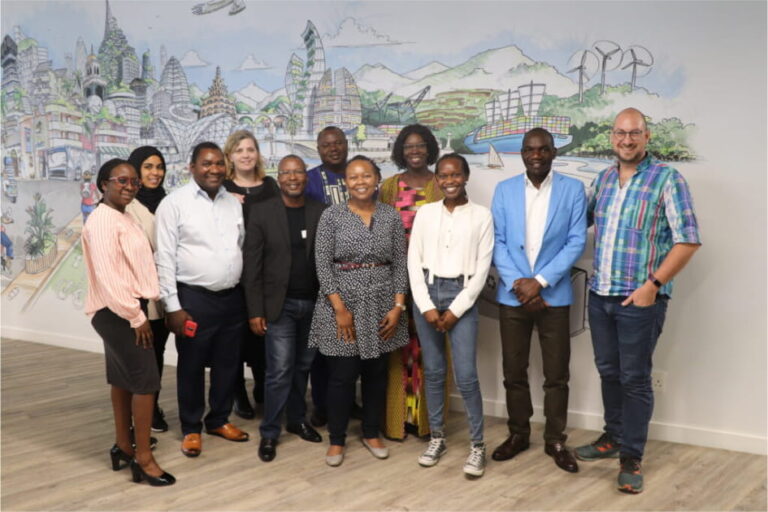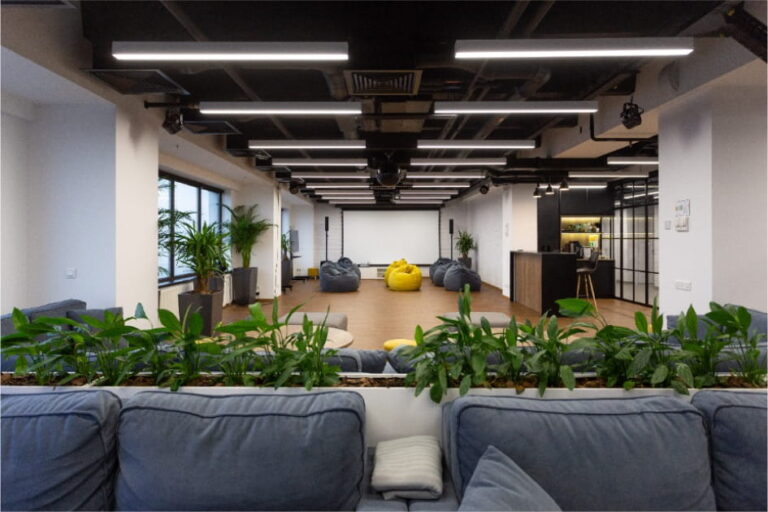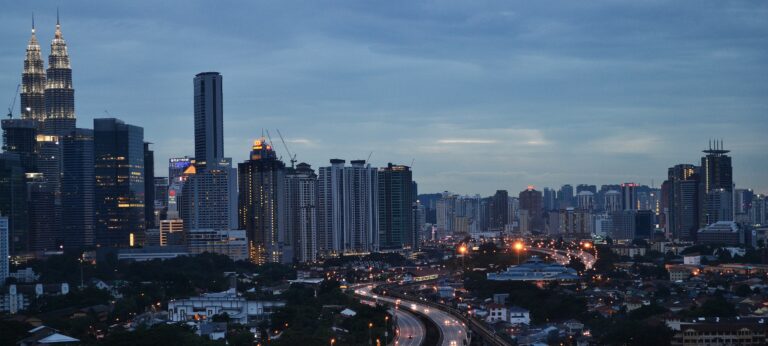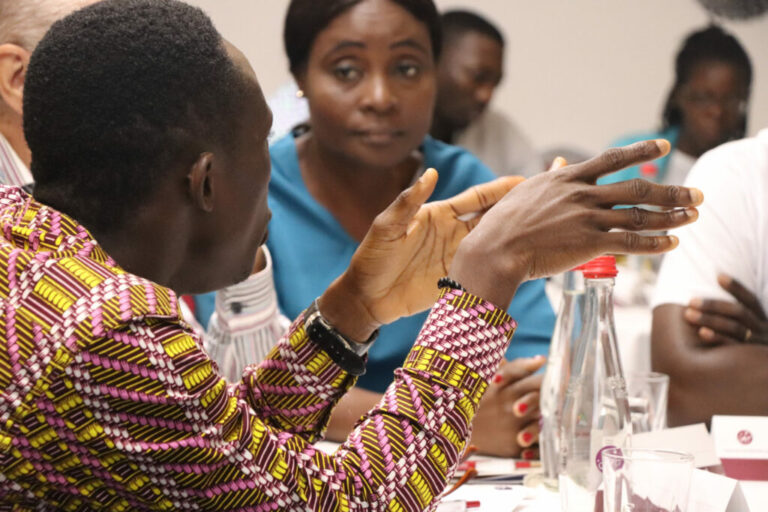Empowering urban leaders through reflection
We create spaces for reflection and knowledge exchange to find innovative ways to plan in complexity through our Reflecting Cities project.

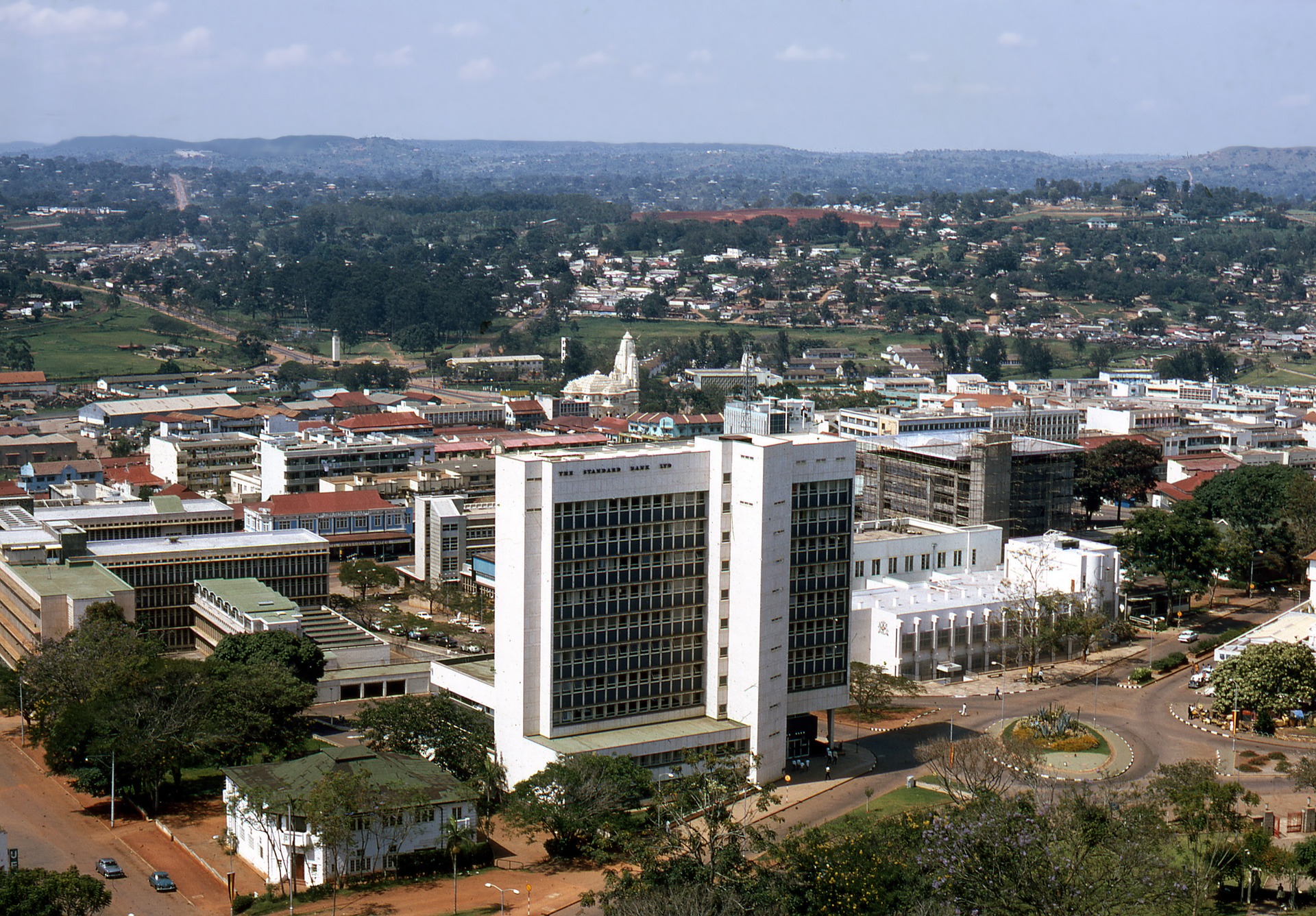

Years active:
2019
Related ICLEI Pathway(s)
Locations
About
Project summary
A city is a hub of activity. Not only of people but also of processes, information, infrastructures and resources, all of which are interconnected. Cities are complex, adaptive systems that are constantly shifting, changing and responding to influences both from outside and within. A seemingly small intervention in one place might have consequences in completely different areas – many of them unexpected. It’s not easy for city officials to deal with these complexities amidst pressure to make their cities more livable and sustainable.
ICLEI Africa’s Reflecting Cities project, integrated into the broader UNA programme, hopes to help overcome this challenge by equipping our urban leaders with the tools and knowledge they need to engage with the complexities, to see their cities as complex adaptive systems and to ultimately make interventions that will create thriving, resilient and sustainable cities in Africa.
Reflecting Cities allows for a series of engagements in the four project cities addressing the following challenges:
– Lilongwe and Blantyre: Traffic management and transport planning
– Entebbe: Waste management
– Kampala: Urban greening
A city is a hub of activity. Not only of people but also of processes, information, infrastructures and resources, all of which are interconnected. Cities are complex, adaptive systems that are constantly shifting, changing and responding to influences both from outside and within. A seemingly small intervention in one place might have consequences in completely different areas – many of them unexpected. It’s not easy for city officials to deal with these complexities amidst pressure to make their cities more livable and sustainable.
ICLEI Africa’s Reflecting Cities project, integrated into the broader UNA programme, hopes to help overcome this challenge by equipping our urban leaders with the tools and knowledge they need to engage with the complexities, to see their cities as complex adaptive systems and to ultimately make interventions that will create thriving, resilient and sustainable cities in Africa.
Reflecting Cities allows for a series of engagements in the four project cities addressing the following challenges:
– Lilongwe and Blantyre: Traffic management and transport planning
– Entebbe: Waste management
– Kampala: Urban greening
Project aims
Reflecting Cities consists of a series of engagements to achieve the following in the four project cities:
- Bring all four cities together to network and reflect through dialogue and inter-city learning
- Unpack each case study through critical engagements about each city’s context
- Co-develop innovative ways to plan cities, both at larger meetings between the four cities and in-depth local dialogues in each
- Bring experts and city officials together to co-create innovative ways of urban planning
- Create space for those that had been exposed to experts to take what they had learnt, reflect and unpack it with local decision makers that can help address each city’s focus area
- Enable cities with the knowledge and tools to make interventions that positively change their city’s focus area
Reflecting Cities consists of a series of engagements to achieve the following in the four project cities:
- Bring all four cities together to network and reflect through dialogue and inter-city learning
- Unpack each case study through critical engagements about each city’s context
- Co-develop innovative ways to plan cities, both at larger meetings between the four cities and in-depth local dialogues in each
- Bring experts and city officials together to co-create innovative ways of urban planning
- Create space for those that had been exposed to experts to take what they had learnt, reflect and unpack it with local decision makers that can help address each city’s focus area
- Enable cities with the knowledge and tools to make interventions that positively change their city’s focus area
Cities hold the opportunity for innovative solutions, however, there is a lack of time set aside for reflection on the current state of the city and visualise possible futures and imaginaries and to experiment with new approaches to the urban planning action. This workshop provides reflection space in order to improve climate resilience and planning at local level in southern African cities.
- Lord Mayor of Entebbe, Vincent Kayanja
Project highlights
Highlight 1
Highlight 2
Highlight 3
Highlight 4
Highlight 5
Highlight 6



